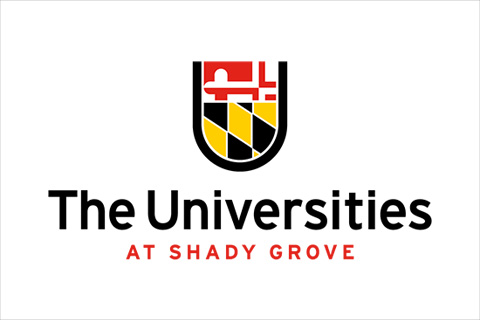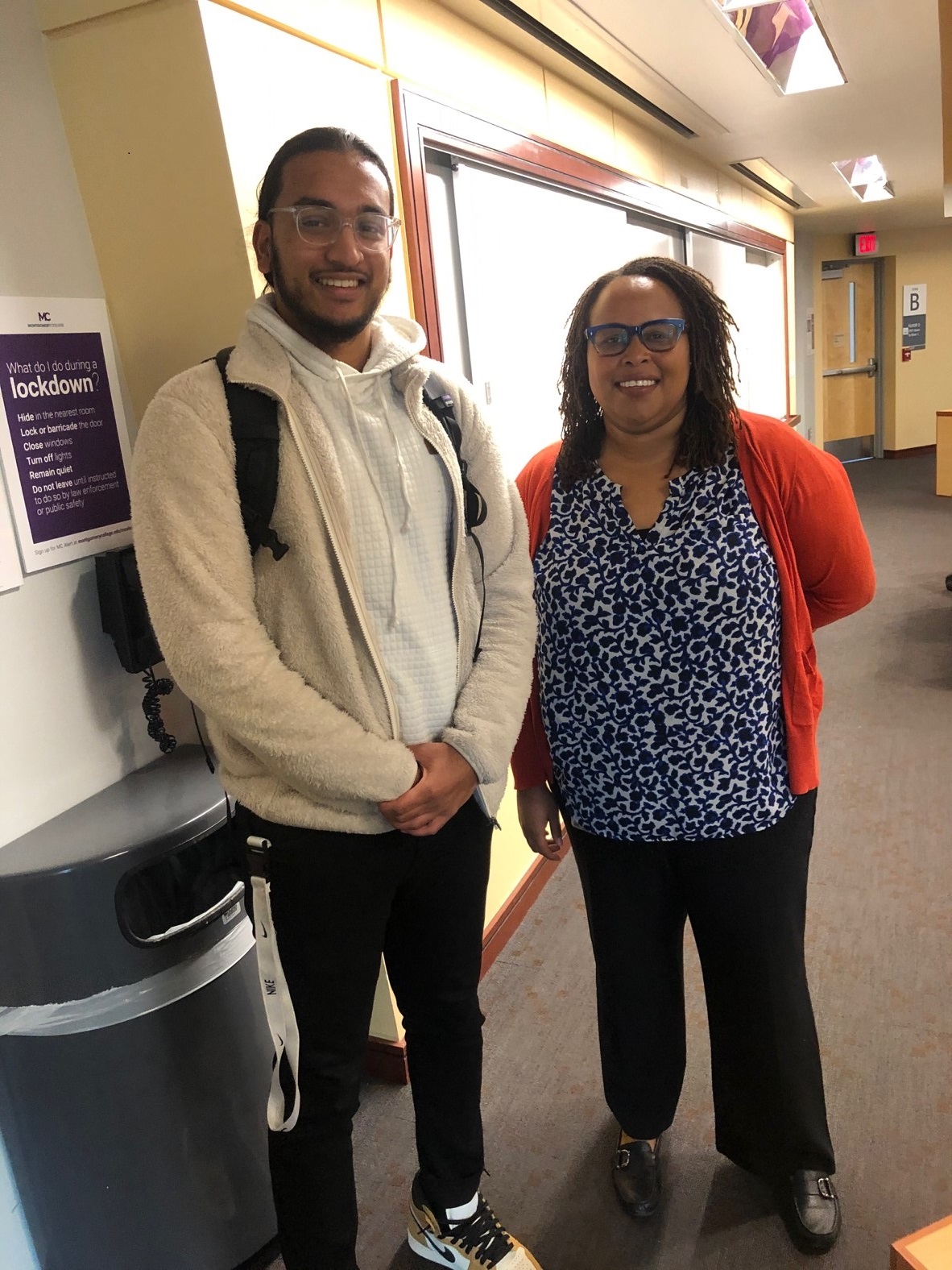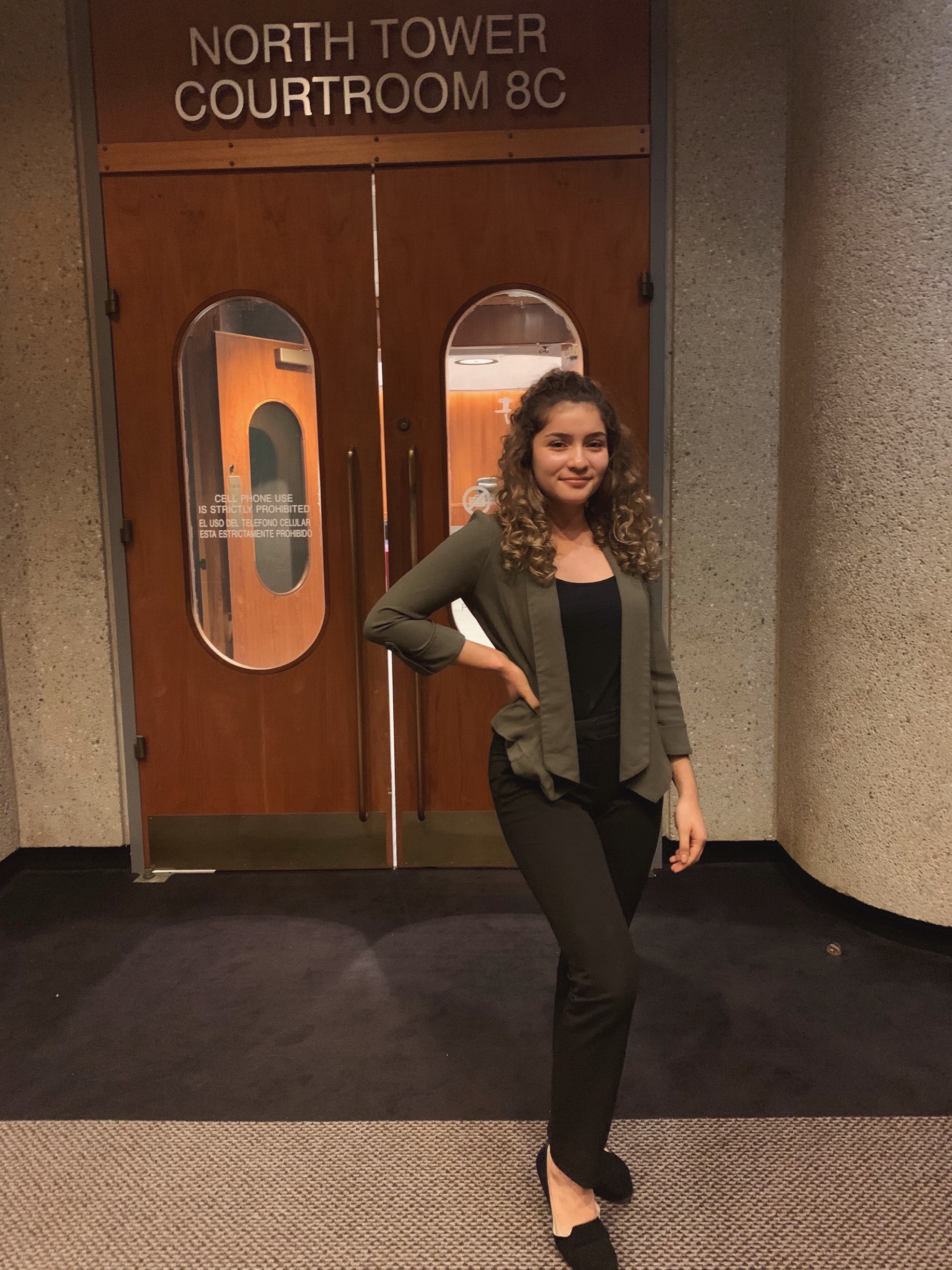Insights by Shayna Berman On Tuesday, November 19, I attended a Montgomery College (MC) to…
By Santiago Vallinas
____________
Hillman student Santiago Vallinas recently attended a special forum of National Endowment for Democracy (NED) grantees on “how civil society is helping emerging voices, especially youth, engage in politics, join the ranks of the public sector, and strengthen democracy.” According to NED, these grantees are “working to bridge the gap between citizens and politics by helping new actors access institutional processes.” Below is his report of this event. You can also see a video recording of the whole event here.
The “Political Innovation in the Americas” forum, held at the NED offices in Washington, DC, on November 2, included three guest speakers representing three organizations in different Latin American countries. From Santiago, Chile, Pablo Collada is the Executive Director of Fundación Ciudadano Inteligente/Intelligent Citizen; Valeria Scorza is the Director of Fundación Avina Americas from Mexico; and Antonella Perini is the Director of Asuntos del Sur’s from Argentina. These three guests shared how they are using their grassroots movements to set the stage for a new kind of political candidate in their countries.
Just like in many countries around the world, in Latin America, the roadmap to a career in politics traditionally is paved through wealth, family connections, and often a foreign education. In many of these countries, there isn’t a path for a wishful candidate from a middle-class family into a political career. The organizations that the guest speakers run are trying to change that narrative, and they are using social media, peaceful demonstrations, and a variety of different methods towards this goal.
The speakers consider themselves “Civic Instructors” using the tool of social media to spread the ideas and inform the population of the cause and as a tool for transparency in the political system by helping to expose corruption. Through the popular support of the movements it is impossible for the governments to ignore them. Collada mentioned an idea that its slowly being adopted in Chile, he thinks of it as “turning the microphone around” on the political candidates. Instead of the candidates standing on stage making promises of what they think will get them elected, the organization and its supporters decide the policy changes that they want to see, and the foundation then presents it to the candidates to see which one is willing to “adopt” the idea.
This is one of the tactics the speakers are trying out to change the way the politics are conducted in their countries. The three agree that the president should not be making changes in the country based on what their party views as the “best option.” Instead, the president should simply be a “moderator” who expresses what everyone wants–this type of open government actors could then be used by the people to move a unified agenda forward.
For this to occur the doors must first be open to the best candidate, not just the richest, better-connected ones. Scorza showed a video of an election where local citizens were seeking seats in government, and the goal is to create campaigns for this candidate through social media to help get them elected. They hope that with the support of the organizations and their resources they can start getting citizens from middle-class families elected into seats in government.
I first learned about NED because my father paints their offices, so the first time I was  there was as a construction worker painting the facilities. Since then the organization seemed interesting to me, and I signed up for the newsletter. In late October, I received an email advertising a talk about Political Innovation in the Americas–this topic really appealed to me so I decided to attend my first NED event, called Political Innovation in the Americas. This event was eye-opening and very informative, I can’t wait to attend the next event and expand my horizons even more.
there was as a construction worker painting the facilities. Since then the organization seemed interesting to me, and I signed up for the newsletter. In late October, I received an email advertising a talk about Political Innovation in the Americas–this topic really appealed to me so I decided to attend my first NED event, called Political Innovation in the Americas. This event was eye-opening and very informative, I can’t wait to attend the next event and expand my horizons even more.





This Post Has 0 Comments